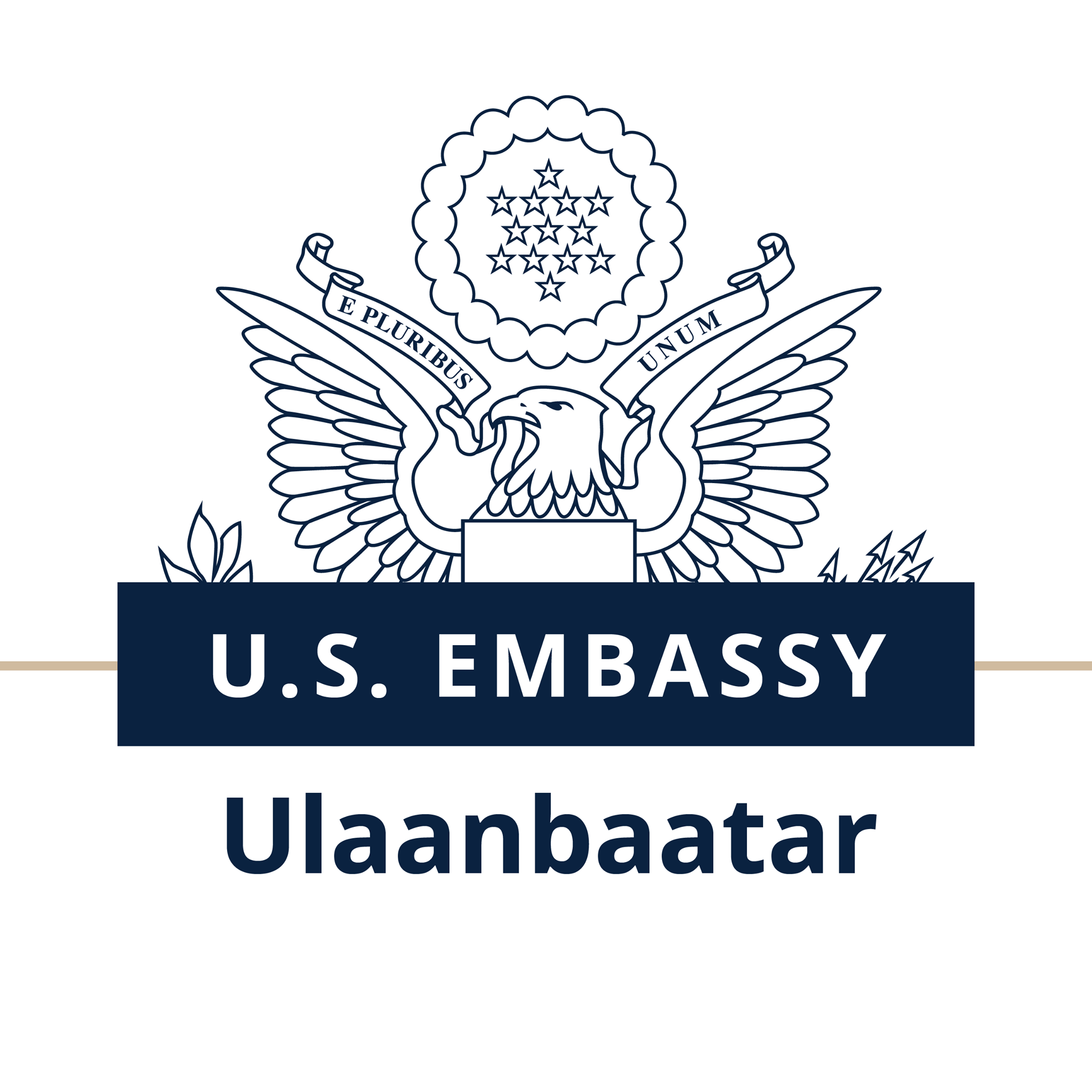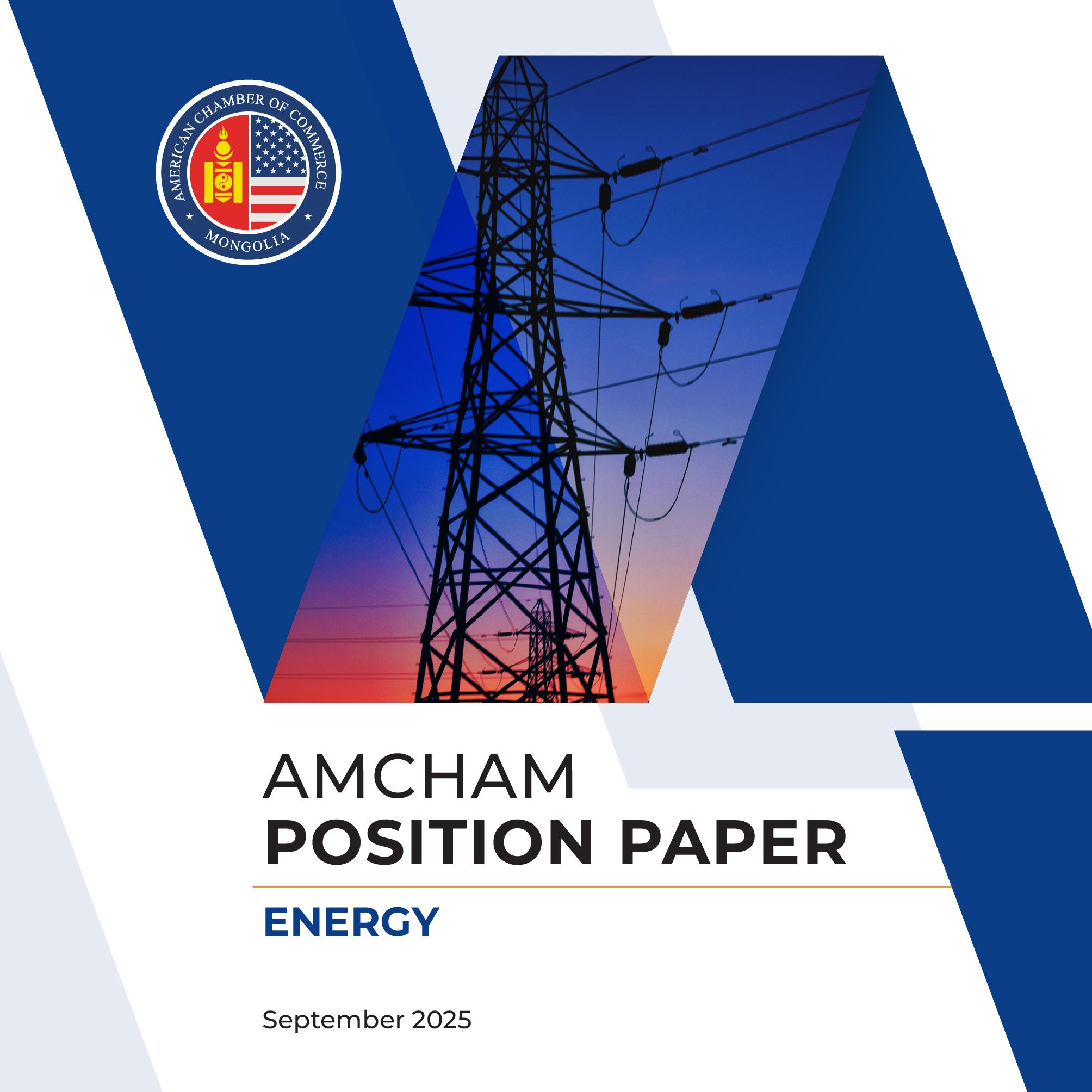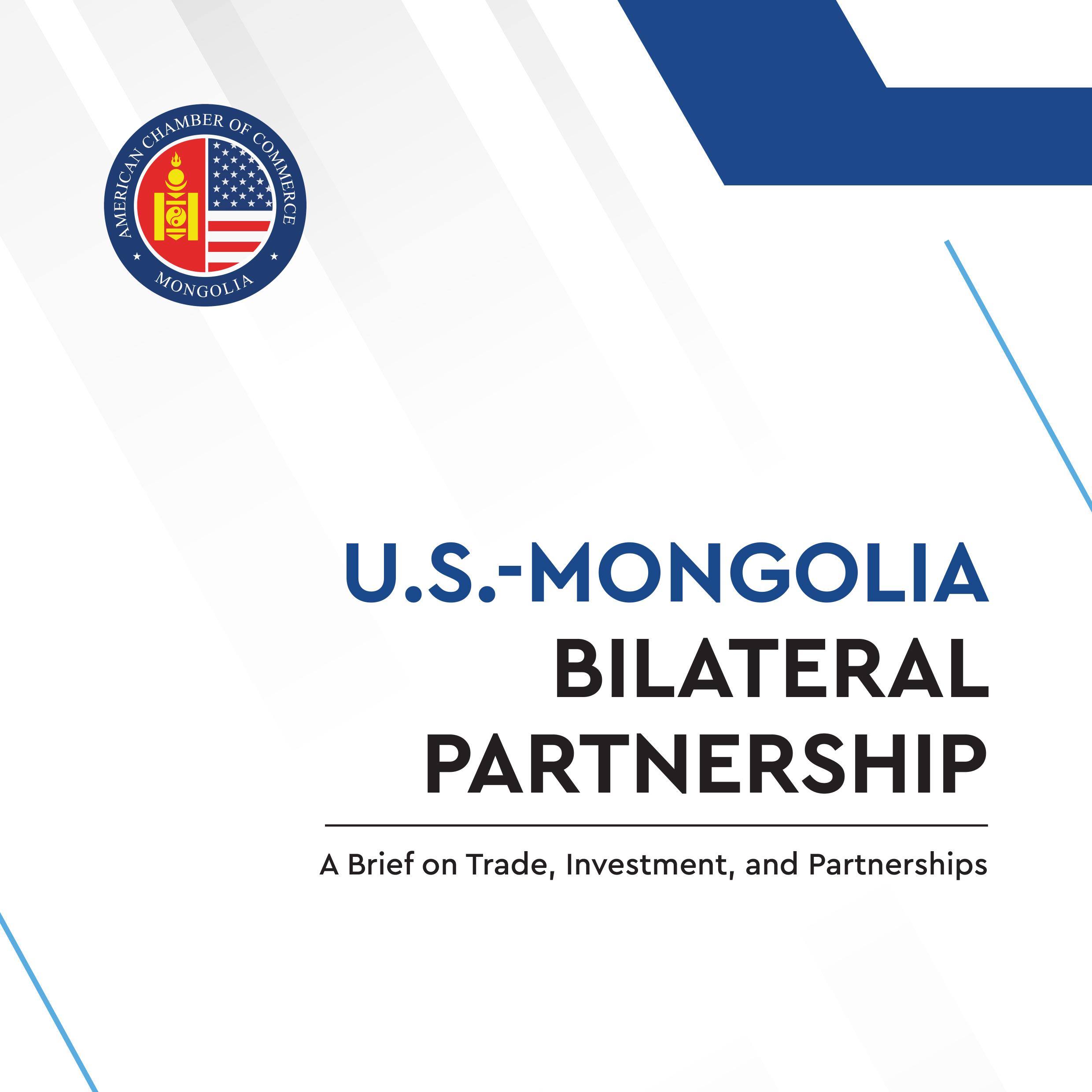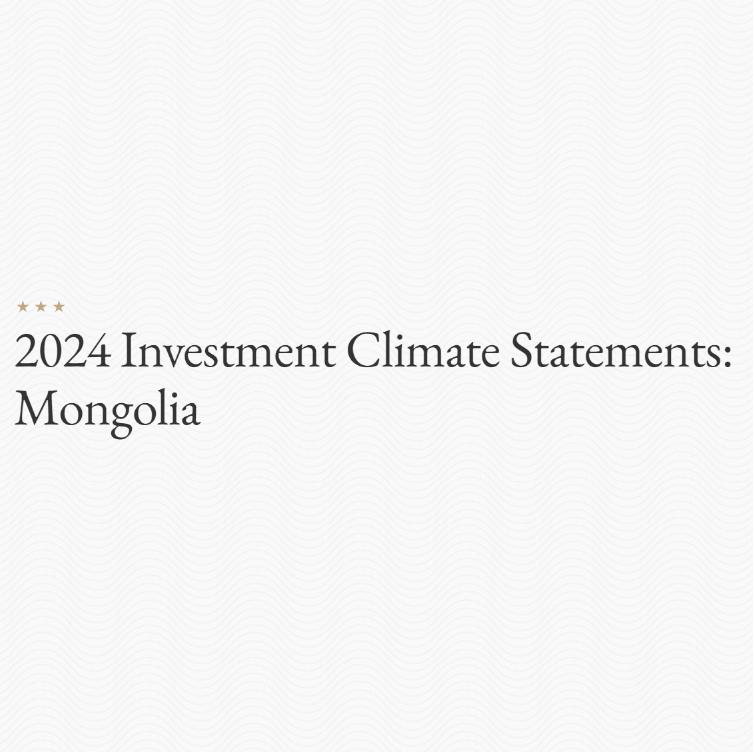Mongolia’s Mining Playbook: What’s The Policy?
In the first quarter of this year, the Ministry of Industry and Mineral Resources announced that the industrial and mineral resources sector alone accounted for 27 percent of Mongolia’s gross domestic product (GDP), 33 percent of budget revenue, 94 percent of export income, and 81 percent of foreign direct investment. Although these figures are frequently cited, the general public does not always grasp the magnitude of this sector or how its fluctuations directly affect the nation’s economy. [...]












